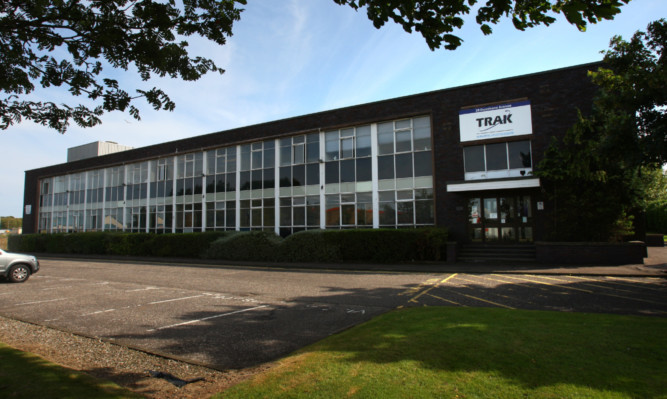TRAK Microwave is hoping an improving climate in the US space sector will help boost its fortunes.
The firm makes sophisticated high frequency components and sub-systems for radar and communications applications.
In the year to July 2015 it suffered a pre-tax loss of £607,000, having previously made a profit of just over £200,000. Turnover was down 25% at £9.647 million.
The space, defence and industrial sectors, for which TRAK provides components for long-term, capital-intensive projects, are global and highly competitive.
Managing director Alan McNeill, writing in TRAK’s annual report and financial statements, said: “Uncertainty over recent years, due to governments’ spending priorities and constraints, is beginning to show signs of improvement.”
This had yet to filter into the business performance, and to desensitise the business to its reliance to EU spending, TRAK is actively pursuing other markets.
Mr McNeill said progress is being made in particular in the USA “where focus on the US commercial space market is being placed for the first time and where progress has been made in establishing a long-term business with a select group of targeted accounts”.
He added: “This market is expected to grow strongly for the next few years and will act to desensitise the company to market share variation in the USA and EU.”
Mr McNeill said the commercial space market remained weak in Europe but it appeared structural issues faced by the European prime contractors were being addressed.
TRAK Microwave belongs to the Smiths Group, a world leader in the practical application of advanced technologies.
Based in Dundee’s Dunsinane Industrial Estate, TRAK’s workforce reduced by 12 to 77 during the year.
In the US the National Aeronautics and Space Administration’s (Nasa) percentage of federal budget fell after the Apollo programme, but has risen again.
Both Democrat and Republican candidates for the forthcoming US presidential election have signalled that it is their intention to increase investment.
Democrat frontrunner Hillary Clinton has spoken of the need to invest in the space programme along with other science and technology activities for many reasons, including economic benefits and discovery.
